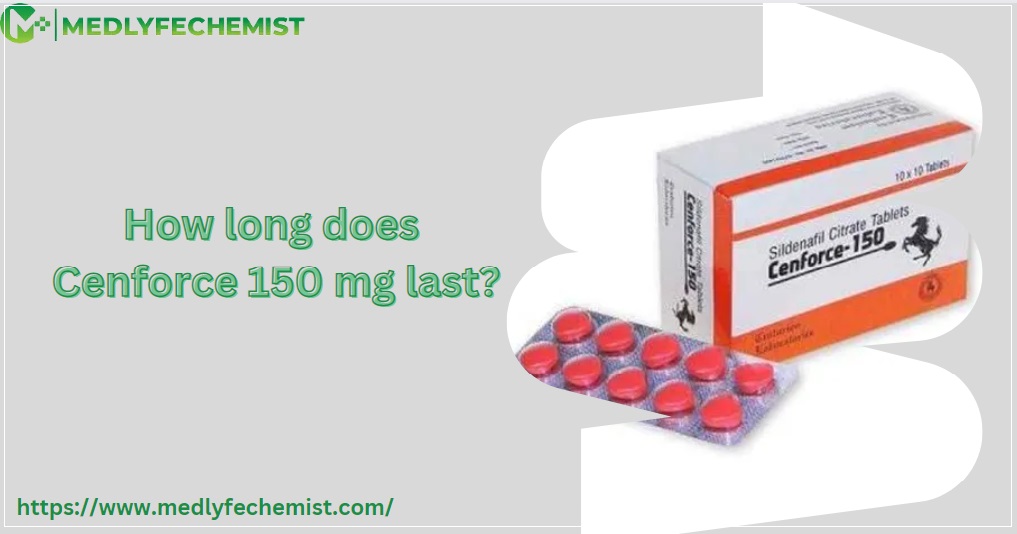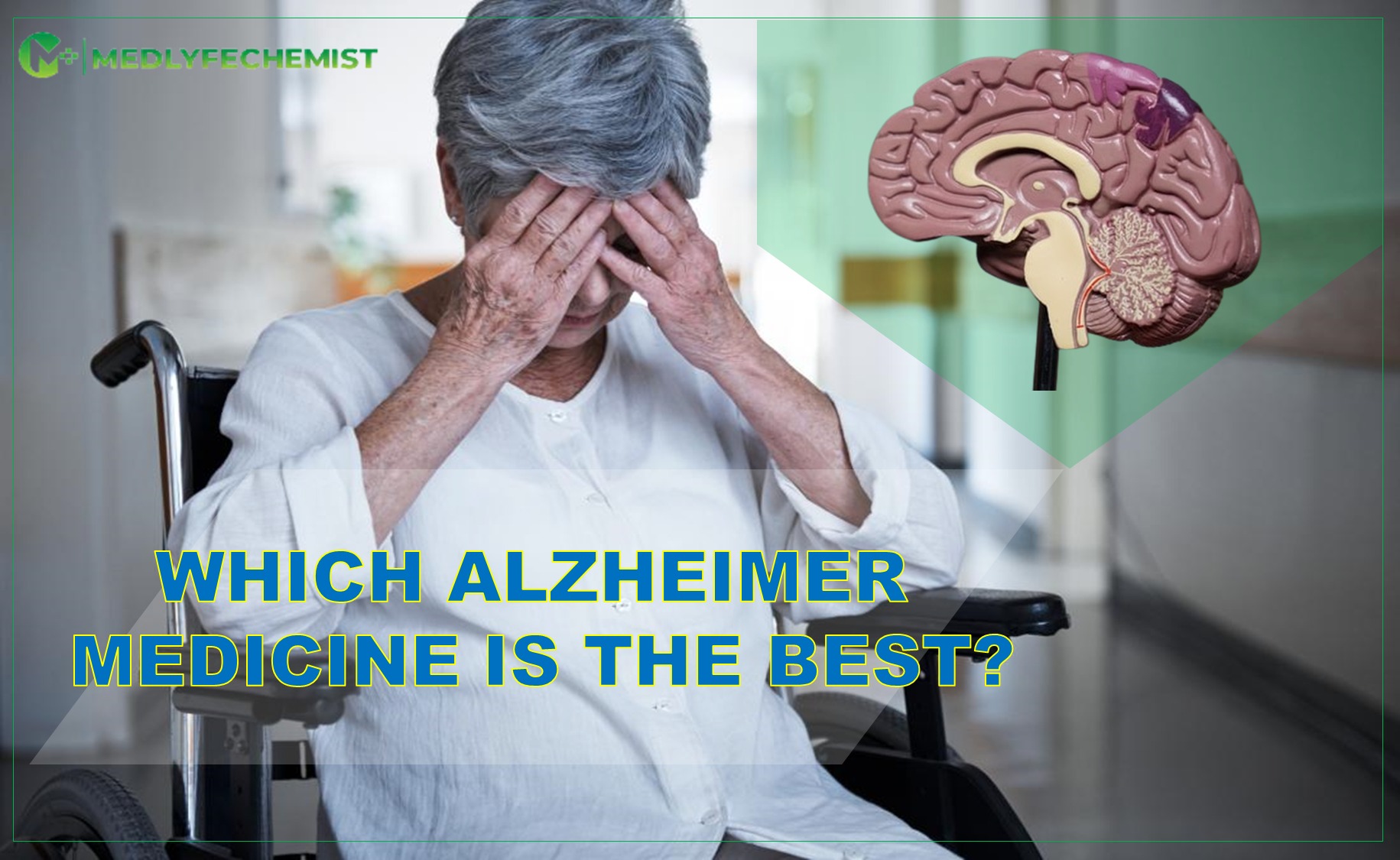The best Alzheimer’s medicine helps manage the symptoms to some extent.
AD is a complex disorder that comes with different components like
- Abnormal thinking
- Chronic memory loss
- Depression
- Delusions
- Paranoia
- Sleep disturbances
- Wandering/restless pacing
- Unusual behavior like speaking irrelevant things or performing unusual things.
The above symptoms can turn severe and lead to extreme distress for caregivers, so the patients need treatment to control the symptoms.
Treatments
The most preferred treatment is non-medical treatment. When non-medical treatment fails one can opt for the best prescription Alzheimer’s medicine.
Prescription drugs may not be the 1st preference as they can have side effects. A lot of benefits and drawbacks accompany AD medication. For example, they can suppress the symptoms and improve the quality of life for some patients, but the medicines do not work the same for everyone. Also, the benefits do not last for a lifetime.
If non-medication treatments do not work, treatment with medication remains one of the feasible options.
People suffering from memory loss or other signs of AD may not know that they have AD problems. Even their family members may not able to figure out the signs of memory loss. If you observe such symptoms in the case of your family members, consult your medical expert immediately.
Some of the best Alzheimer’s medicines for patients are
ANTIPSYCHOTIC DRUGS
These drugs help manage mental disorders and many other illnesses that give rise to psychotic symptoms.
- aripiprazole
- asenapine
- cariprazine
- clozapine
Side effects
These medications come with side effects like
- Dry mouth
- Blurred vision
- Drowsiness
- Weight gain
- Muscle spasms/Tremors
Some side effects arise due to the consumption of high dosages. If the dose for these drugs is high, you can witness the following side effects.
- Reduced thinking, reasoning, and remembering.
- More risk of a fall.
- Increased risk of death or stroke.
These drugs work best when started with the lowest possible dose and increase the dosage slowly after assessing the response. It takes nearly 2-4 weeks for the medication to work and continue taking it as long as your symptoms last.
BENZODIAZEPINES
These Alzheimer’s medicines help control anxiety, sleep problems, stress, and anger. These medications work instantly. These medications can be addictive and come with side effects such as sedation.
The above medications are better for shorter durations. It remains for a few days to a couple of weeks. These medications offer relaxation and good sleep but do not treat memory issues.
Side effects
- More risk of falls
- Paradoxical agitation
- Worsening confusion
- Increased sedation
- A faster decline in cognitive function
To avoid possible side effects, use these medicines for a shorter period.
MOOD STABILIZERS
The best Alzheimer’s medicines can comprise mood stabilizers & anti-fits medications. For the last two decades, medicines are used to control fits and are good at modulating mood. Hence, they are called mood stabilizers.
These medicines manage behavior problems of dementia. Some medical experts prescribe mood stabilizers when a patient cannot tolerate these drugs.
Side effects
Mood stabilizers also come with some side effects like
- Confusion
- Dizziness
- Difficulty concentrating
- Problems with walking & balance
- Tremor
- Diarrhea, vomitingand nausea
Even though these medications do not cure dementia, they are used to control behavior problems in some patients with AD.
ANTIDEPRESSANTS
One of the common mood issues in AD patients is depression which can turn severe. Medical experts use these medications to treat depression. These medications are useful in many ways than just treating depression. They can relieve pain, and anxiety and offer proper sleep. These medications do not work instantly. It takes 3-4 weeks to see its maximum benefits.
- fluoxetine
- sertraline
- citalopram
Side effects
- Mouth dryness
- Sedation
- Low blood pressure
- Risk of falls
- Nausea & vomiting
- Worsening of agitation
Older people are more sensitive to these medications and need the lowest dose.
It is the best Alzheimer’s medicine that helps treat the disease in its later stages. The medicine helps improve memory, attention, and language in some people.
This medicine balances the brain neurotransmitters responsible for memory and language. The benefits of the medicine last for only a couple of months.
Side effects
- Dizziness
- Headache
- Constipation
- High blood pressure
- Confusion
- Fatigue
- Insomnia
New medicines for AD
Researchers are putting efforts to search for the best medicine for AD patients. A variety of new medications have been created to treat AD. These medications are injections that can melt amyloid plaques in your brain. These plagues are linked with AD disease and show that melting them slows down the progression of AD or prevents it.
HEART & BRAIN CONNECTION
The connection between the brain & heart is important for AD patients. Studies say that people with normal blood pressure and living a healthy lifestyle are at low risk of AD than people who have high BP and follow an unhealthy lifestyle.
So, it is important to have a healthy lifestyle to prevent AD. It is about exercising regularly, eating healthy, quitting smoking, maintaining a healthy weight, and maintaining blood pressure at normal levels.
Talk to your medical expert if you wish to learn about reducing the risk of getting AD. It is better to prevent AD than to treat it.
Taking medications for AD patients
It can be challenging to give medicines to AD patients orally. For example, they might refuse, spill out the medicine, or not swallow it as they know it is a medicine.
Some patients may have issues with swallowing. In all such cases, you need to connect with your medical expert and get the medicine in liquid form. You can also choose to break the medicine in half or open the capsule & add the powder to a beverage or food.
Conclusion
AD can affect not just thinking and memory but much more than that. The patient's quality of life is affected due to a range of psychological and behavioral symptoms that come with memory loss.
There are plenty of advancements in technology in the medical sector for treating diseases. Make sure you know about the best Alzheimer’s medicine, its benefits & drawbacks before you seek treatment.
Medical experts strive to offer the best lifestyle to AD patients and manage the symptoms effectively. The caregivers should offer the required help and care for the patients while consulting the medical experts regularly. AD is a brain disorder that results in shrinkage of the brain. The brain cells die in AD patients.
The disease affects social skills, thinking, and behavioral skills that disturb the ability of a person to do daily tasks. The initial signs of AD include forgetting the most recent happenings or communications. In the later stages of the disease, an individual will develop memory loss & ability to perform routine tasks.
Medications can improve or reduce the symptoms temporarily. The treatments can help people with AD to enhance function and perform tasks independently for a shorter period. A lot of services and programs help AD patients with different tasks. In the last stages of this disease, complications can arise due to poor brain function such as malnutrition, infection, dehydration, or even death. AD patients find it difficult to manage their finances, pay bills on time, etc. They need help with simple tasks hence care givers should pay attention to their needs.








